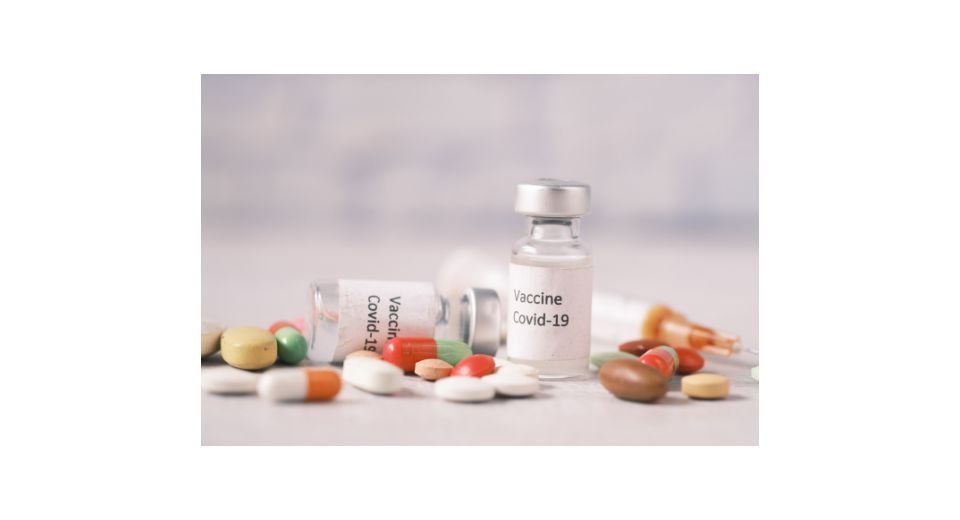HQ Team
February 23, 2023: Merck’s COVID-19 pill does not stop the risk of prevention of the virus spreading to others in a household, the company stated.
“Lagevrio or molnupiravir did not demonstrate a statistically significant reduction in the risk of COVID-19 following household exposure to another individual with COVID-19,” according to a company statement.
The company’s Phase 3 MOVe-AHEAD trial evaluated people who did not have COVID-19 at baseline — confirmed by a negative baseline SARS-CoV-2 test and no signs and symptoms — but lived with someone who was recently diagnosed with COVID-19.
The effective rate of virus spread in the study participants was only 23.6% through 14 days. The company’s “primary endpoint was not met.”
“Results from this post-exposure prevention study are scientifically interesting as we continue to learn more about COVID-19,” said Dr Dean Y. Li, president of Merck Research Laboratories.
Competitor Pfizer’s vaccine had also failed to prevent household infections. Both drugs got approved as treatments for individuals at risk of severe disease. Pfizer’s paxlovid had a 90% effective rate.
‘No impact on efficacy’
“This was not a treatment study, and these results do not impact the efficacy and safety data observed in our Phase 3 MOVe-OUT trial for the treatment of mild-to-moderate COVID-19,” Dr Dean said.
“We remain focused on our ongoing efforts to bring Lagevrio as a treatment to appropriate high-risk patients with COVID-19 where its use is authorized or approved, as well as to study further how it may benefit patients with other infectious diseases, such as RSV,” a respiratory disease.
Pfizer and Merck were given emergency use authorization in Dec. 2021 to treat patients with mild-to-moderate COVID-19 who tested positive and were at risk of progressing to severe disease. In February, the USFDA, in a bid to widen the access, removed the condition of being tested positive for the virus for both companies.
Lagevrio was approved or authorized in several markets, including the US, United Kingdom, Australia, China and Japan, to treat certain adults diagnosed with COVID-19.
The final phase of the study was meant to evaluate the efficacy and safety of orally administered molnupiravir compared to a placebo in preventing the spread of SARS-CoV-2. This virus causes COVID-19, within households, according to the statement.
Argentina, Egypt
The trial enrolled more than 1,500 participants from Argentina, Brazil, Colombia, Egypt, France, Guatemala, Hungary, Japan, Kenya, Russia, South Africa, and the United States.
The participants were randomized to receive either Lagevrio, 800 mg, or a placebo orally every 12 hours for five days.
The study enrolled participants who were at least 18 years of age and resided in the same household with someone who received a positive test for SARS-CoV-2, had at least one sign or symptom of COVID-19 and had not had those signs and symptoms for more than five days.
According to the statement, more than 5 million courses of generic molnupiravir have been delivered to 22 markets through December 2022 through voluntary licensing agreements with generic manufacturers.
Merck had entered into a procurement agreement with the US government. The company supplied approximately 3.1 million courses of Lagevrio to the US government upon Emergency Use Authorization from the U.S. Food and Drug Administration.
The company forecasts a significant decline in sales of Lagevrio in the current financial year ending December 2023, which may be about $1 billion.








